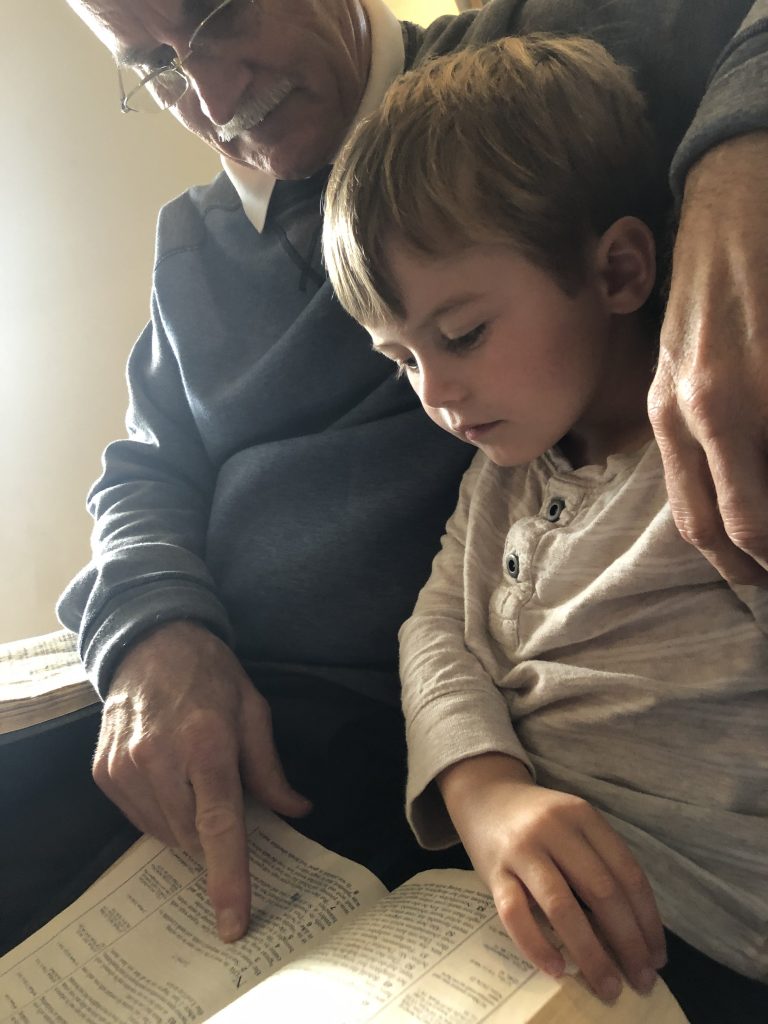
Redefining the “Good”
The corona virus has stopped the world in its tracks like nothing else in our lifetime. Wherever we turn we are confronted with loss on an unprecedented scale—the loss of life, income, jobs, companionship, sports, concerts, recreation, travel…the list goes on. It can be so overwhelming, that I found it necessary to monitor how much news I listen to, lest I spiral into the dark hole despair. Never before have I seen the apostle’s command to be “transformed by the renewing of the mind” (Rom 12:2) as an absolute daily necessity to anchor my soul in God’s sovereign care. God’s word equips us to face all that life can throw at us. When the unthinkable happens, most of us call to mind Romans 8:28—”we know that for those who love God all things work together for good, for those who are called according to his purpose.” But the question is, what “good” can possibly compensate for present “loss” of so much that was “good”?
In praying the Psalms, I discovered a cameo of comfort tucked inside Psalm 119, when the poet was facing similar circumstances. The psalm takes the form of an acrostic, with eight verses for each of the twenty-two letters in the Hebrew alphabet. Verses 65-72 all begin with the letter teth, which is the first letter of the Hebrew word tov, meaning “good.” “Good” is one of the most important and frequently utilized words in the Bible and here the psalmist uses it six times and builds his entire message around a redefinition of it.
The psalmist was living among arrogant people—an immoral majority—who gathered together with callous and unfeeling hearts to smear lies against him, defrauding him of his wealth. The result was the loss of his reputation and severe financial loss (v. 72). But to his surprise, the psalmist discovered that suffering the loss of what was “good” brought the presence of God exceedingly near. It was as if God was walking alongside him, teaching him as intimately as a father would a son or daughter. The result was that his love for God was deepened (“I delight in your teaching,” v. 70) and his obedience was strengthened (“before I was afflicted I went astray, but now I keep your word,” v. 67). Looking back he now can say, “It was good for me to be afflicted, so that I might be taught your statutes” (v. 71) and that being personally taught by God is more precious to him “than thousands of pieces of silver and gold” (v. 72).
God isn’t trying to work things out for our physical comfort or happiness on earth. Rather, he redeems hardships and tragedy by bringing them into the long story of his Kingdom, using them to mold and reshape us for his holy purposes. To transform our hearts into fertile soil so that we may bear good fruit. To make us more sensitive to his presence, so that we may find our true delight in him. As the apostle Paul asserts, “I count everything as loss because of the surpassing worth of knowing Christ Jesus my Lord” (Phil 3:8). May God grant us, through the heart–rending losses in these perilous times, the ability to experience God’s ultimate goodness and to one day be able to say with the Asaph, “But as for me, the nearness of God is my good” (Ps 73:28). Amen.